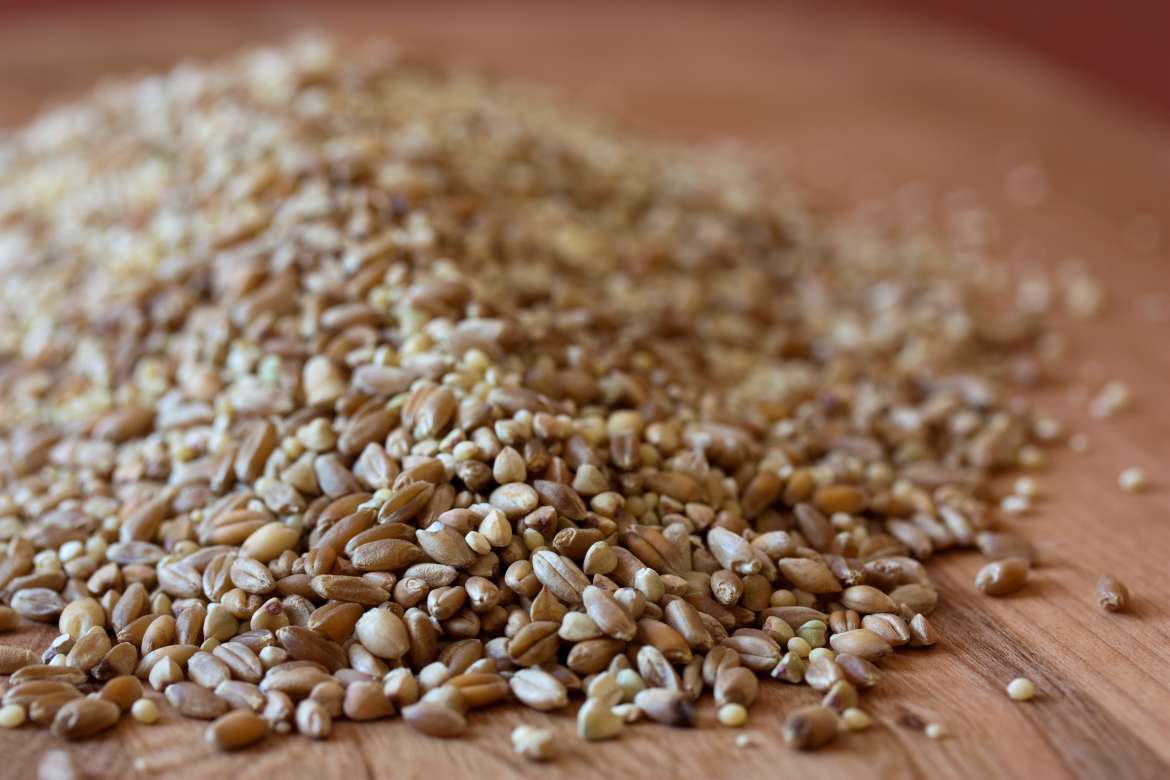Grains are somewhat controversial in the health and fitness community. Even though humans have consumed them for centuries, some diets like the paleo diet, claim that eating grains is bad for your health.
Now, this claim is mostly true for refined grains that are found in all types of junk and processed foods. Here, studies have linked them to health problems like obesity, inflammation and less than optimal blood sugar levels.
That doesn’t mean though that we should vilify all grains. Unlike refined grains, whole grains have all parts of the original kernel, called the bran, germ, and endosperm, which is why they are a completely different story. Whole grains show legitimate health benefits like lower risk of diabetes, lower blood pressure and better cardiovascular health.
Health Benefits Of Whole Grains
First of all, whole grains are packed with fiber. Like most vegetables, whole grains contain two types – soluble and insoluble – which are both beneficial to your digestion and overall health. For example, 1/2 cup uncooked brown rice will get you 5.5 g of fiber a fifth of your daily requirement. Other whole grain options high in fiber include oats, barley and bulgur.
Next, whole grains can help lower cholesterol and triglycerides, which will improve your cardiovascular health. Studies have found that those who eat 2-3 servings of whole grain products per day are a lot less likely (around 30%) have heart attacks when compared with people who little to no whole grain products.
Due to their high fiber content, whole grains are also great for keeping your weight. Just as with vegetables, they are fairly voluminous while being low in calories, a combination that will make you feel fuller faster without adding to your calorie balance.
And lastly, since whole grains are comprised of complex carbohydrates that take more time to be digested and broken down, they keep your blood glucose from spiking as much as more simple carbs like chocolate.
This reduces your risk of type 2 diabetes and keeps you full for longer. In fact, studies have shown that people who regularly eat whole grains are 1 third less likely to get diabetes than people who ate little or no whole grain products.
To wrap up this video, I need to say that while whole grains are healthy for most people, certain people should be cautious. This goes especially for those with celiac disease and gluten sensitivity. Gluten is a type of protein that is present in wheat, barley and rye to which some people are sensitive to or even allergic.
Such allergies can cause symptoms like fatigue, indigestion and overall dizziness. If this is the case for you go with gluten-free whole grains like, rice, oats and buckwheat.



